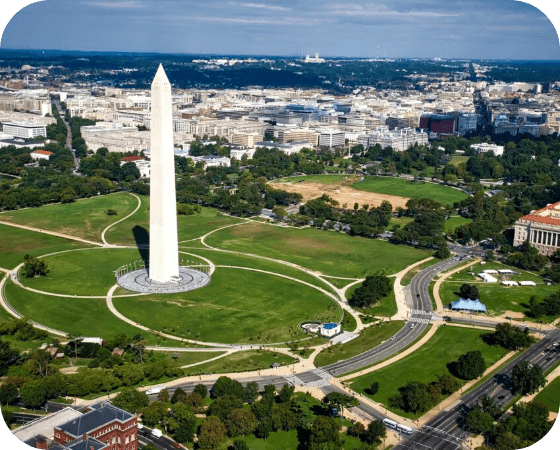Hospitals face a fast-approaching deadline to pay back loans from the Medicare Accelerated and Advance Payment (AAP) programs towards the end of March. However, lawmakers who provided little assistance for hospitals in the way of additional relief funding in the most recent COVID-19 relief bill seem just as unlikely to adjust the loan repayment date.
The Medicare AAP programs, which predates the COVID-19 public health emergency, were designed to help hospitals and other providers withstand cash flow disruptions during emergencies. The programs provide loans paid out of the Medicare Hospital Insurance (Part A) and the Supplementary Medical Insurance (Part B) trust funds and include timelines and terms for repayment. Enacted on March 27, 2020, the CARES Act (P.L. 116-136) greatly expanded the Medicare AAP programs to include a broader swath of health care providers. Of the $100 billion in Medicare advance payments loaned to providers in 2020, nearly 80% went to hospitals, while the remainder went to skilled nursing facilities, critical access hospitals, home health providers, and other types of providers and suppliers.
While repayment for the AAP loans was originally set to begin in August 2020, Congress delayed the repayment start date to March 27, 2021 under the Continuing Appropriations Act, 2021 (P.L. 116-159). Signed into law on October 1, 2020, the Continuing Appropriations Act also revised the repayment terms for AAP loans to allow Medicare to begin automatically recouping 25% of Medicare payments to the outstanding loan balance in the first 11 months following the March 27, 2021 repayment deadline and 50% of Medicare payments in the subsequent six-month period.
Hospitals are again requesting a delay in the repayment schedule and other changes to AAP programs due to concerns over continued revenue losses associated with the pandemic. According to an analysis commissioned by the American Hospital Association (AHA), hospitals could stand to lose between $53-122 billion in revenue in 2021 due to costs related to COVID-19 vaccine distribution and the potential for future surges in case numbers to cause elective procedures to drop. As such, America’s Essential Hospitals has urged congressional leadership to delay the AAP loan deadline and lower interest rates in a February 17 letter. The AHA has gone a step further in asking the federal government to outright forgive the loans per a November 2020 fact sheet.
However, Congress has yet to deliver further. In the American Rescue Plan Act of 2021, the latest COVID-19 relief bill that could be signed into law within days, lawmakers did not make any changes to the AAP program. Congress also notably came up short on hospitals’ request to provide $35 billion in additional funding for the Provider Relief Fund. Instead of more fully replenishing relief funds, the American Rescue Act only provides $8.5 billion in assistance, and specifically designates the monies for rural hospitals.
One reason lawmakers may be hesitant to make significant changes to AAP loans is the implications for the Medicare trust funds. The Congressional Budget Office projects the Part A trust fund and Part B trust fund will become insolvent by 2026 and 2024 respectively. Further changes to AAP programs that would protract repayment or forgive the loans outright would ramp up the timeline for the trust funds to run dry.
At the moment, Congress is carefully monitoring whether to legislate any additional financial help for hospitals, whether it be in the form of a delayed loan repayment date or grants from the Provider Relief Fund, taking a pass for now in the American Rescue Plan.

